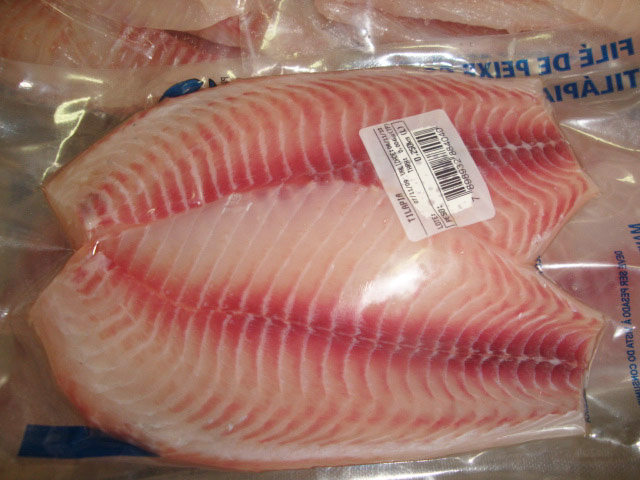
Health & Welfare
Dietary threonine factor in tilapia fillet yield
In a commercial field trial, Nile tilapia were distributed in net cages and fed diets containing increasing threonine:lysine ratios.
Innovation & Investment
In combination with the availability of coastal areas with favorable environmental and labor conditions, Brazil’s affluent market for seafood could support expansion of a niche aquaculture sector: boutique farming.

Health & Welfare
In a commercial field trial, Nile tilapia were distributed in net cages and fed diets containing increasing threonine:lysine ratios.
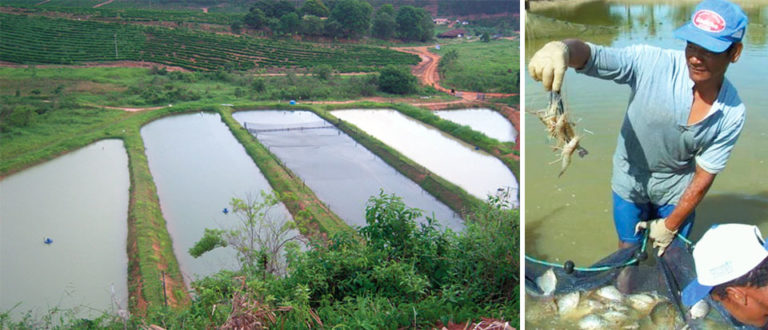
Health & Welfare
At present, Macrobrachium rosenbergii is the only shrimp species commercially farmed in Brazil. Most freshwater prawn farms are small, and prawn culture is often a secondary farming activity.
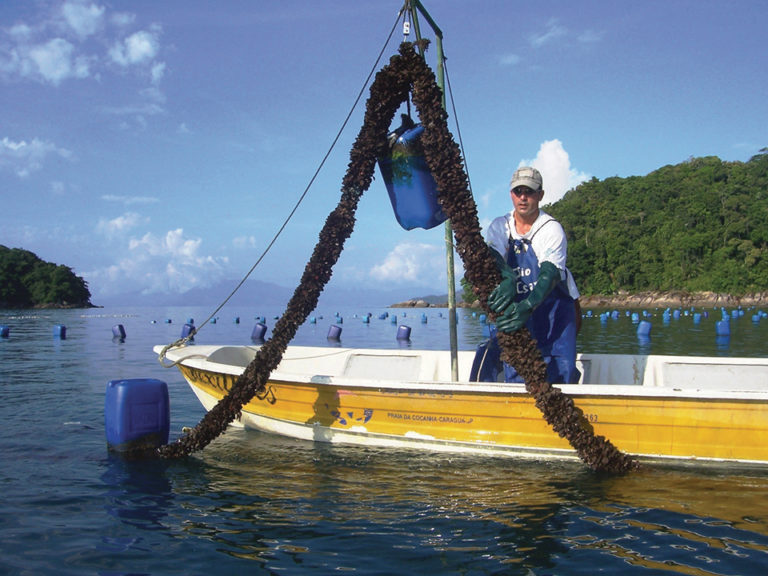
Intelligence
The authors conducted research to improve the uptake of mussel seed in artificial collectors and optimize the amount of seed used in mussel farming.
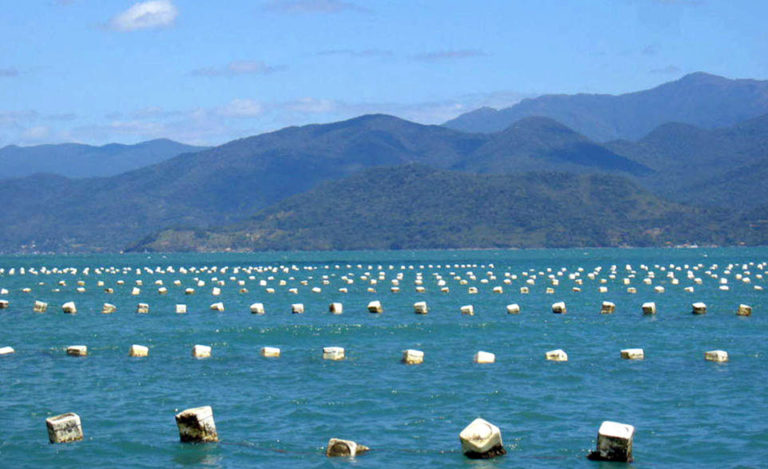
Health & Welfare
In southern Brazil, management data for Pacific cupped oyster culture were assessed to characterize production in relation to environmental parameters.
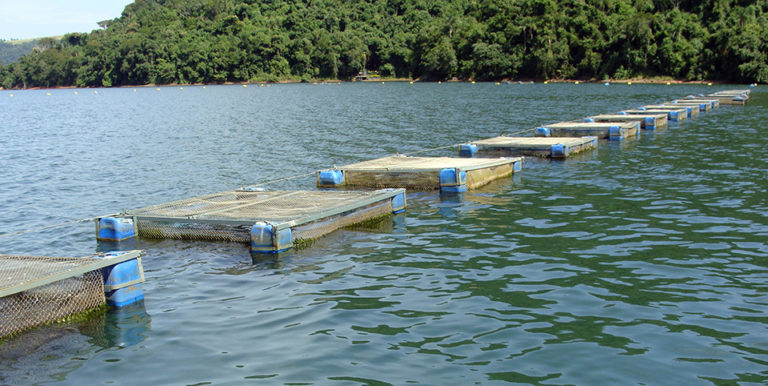
Responsibility
Cage aquaculture in hydroelectric reservoirs has great potential for expansion in Brazil, but there are concerns of negative environmental impacts. Careful climate zoning can assist proper siting.
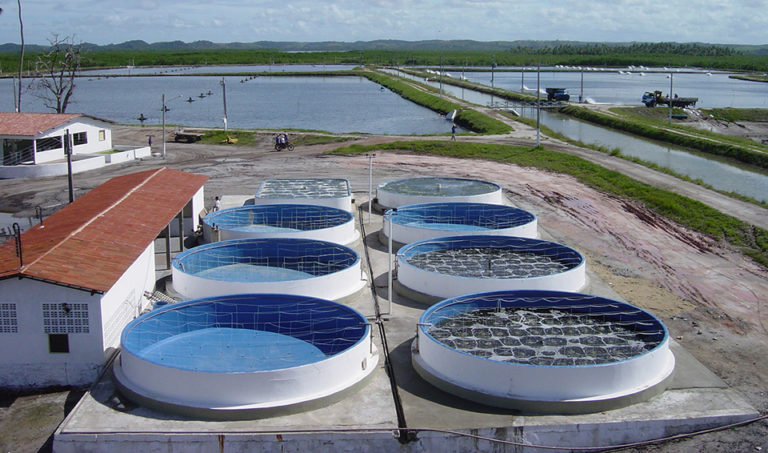
Health & Welfare
Intensive nursery systems are an extension of hatcheries to acclimate postlarvae to farm conditions and assess quality and health prior to pond stocking.
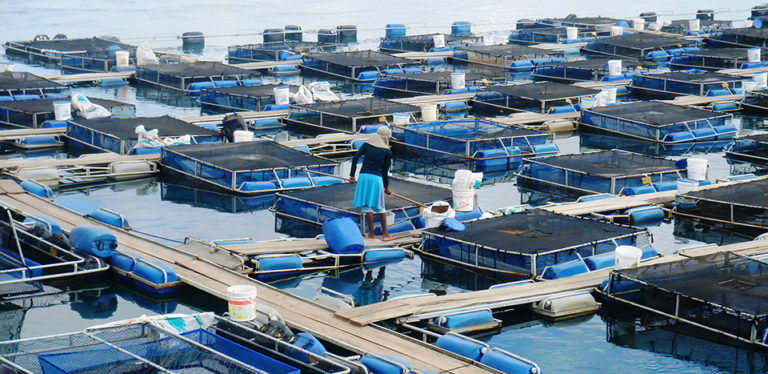
Health & Welfare
Much of Brazil’s expanding tilapia aquaculture takes place in floating cages with sturdy frames and nets made from plastic-coated steel or polypropylene.
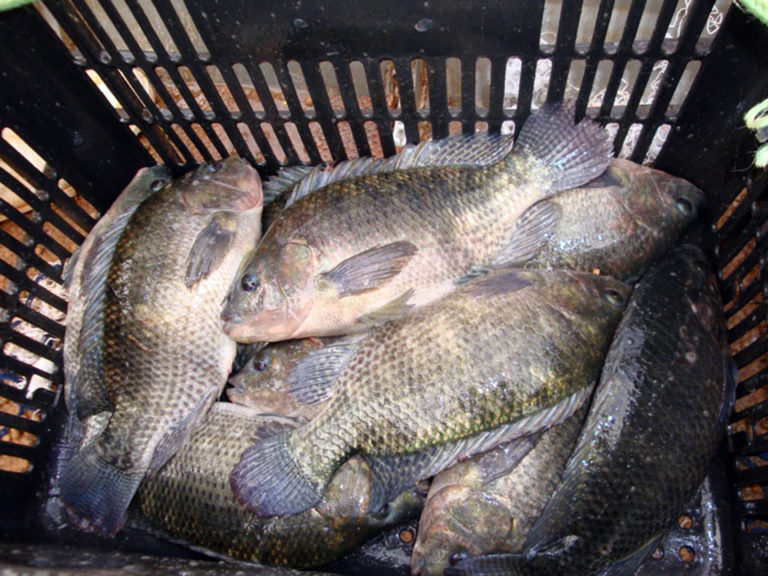
Health & Welfare
Determining dietary requirements for tilapia requires precise formulation. Individual amino acids must be considered to establish well-balanced diets.
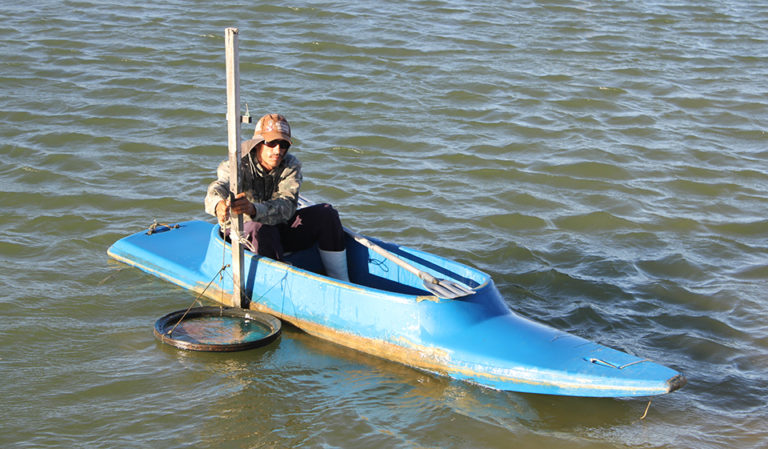
Intelligence
Shrimp farming in Brazil grew rapidly from the late 1990s to 2003. Brazil can again become a global leader, for it has 600,000 ha of suitable area with excellent natural conditions and infrastructure, and a large internal market.
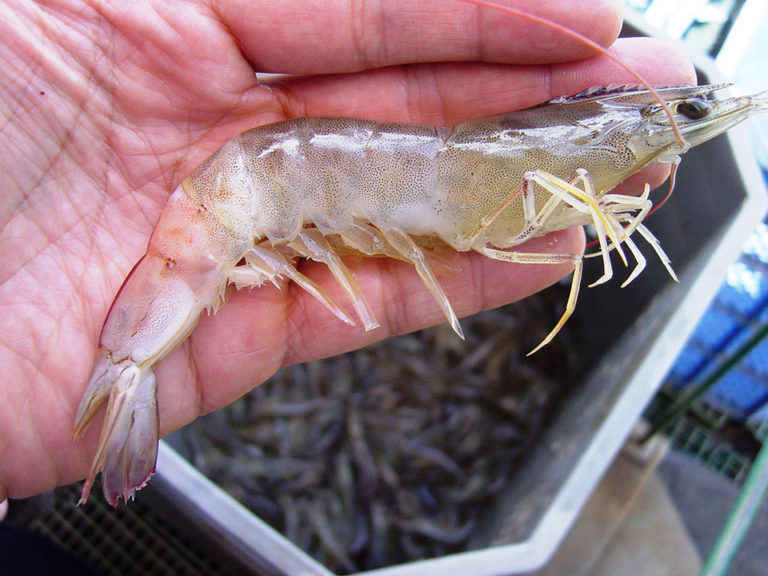
Health & Welfare
Authors examined whether beta-glucans extracted from bakers yeast could improve the survival and growth of Pacific white shrimp challenged with infectious myonecrosis virus.
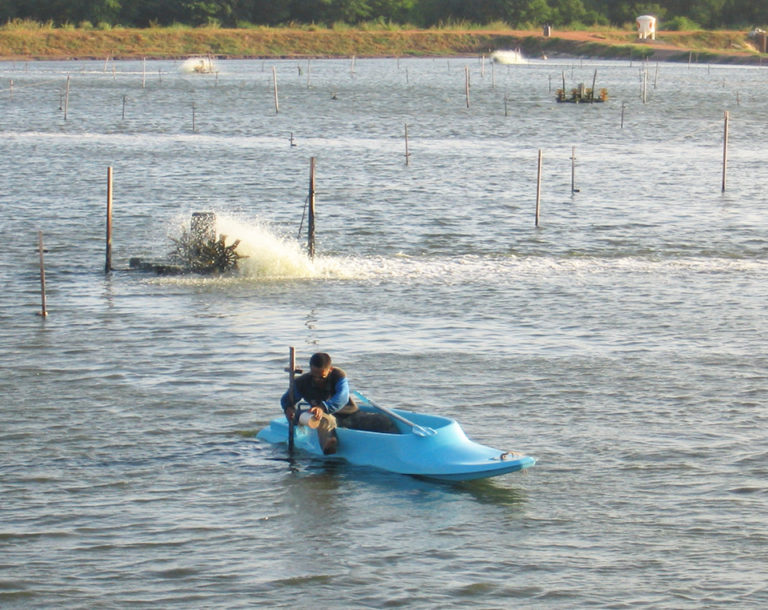
Health & Welfare
For two years of data, the effects of management, season, stocking density and salinity on the incidence of disease in northeastern Brazil’s shrimp farms were found to be highly significant.
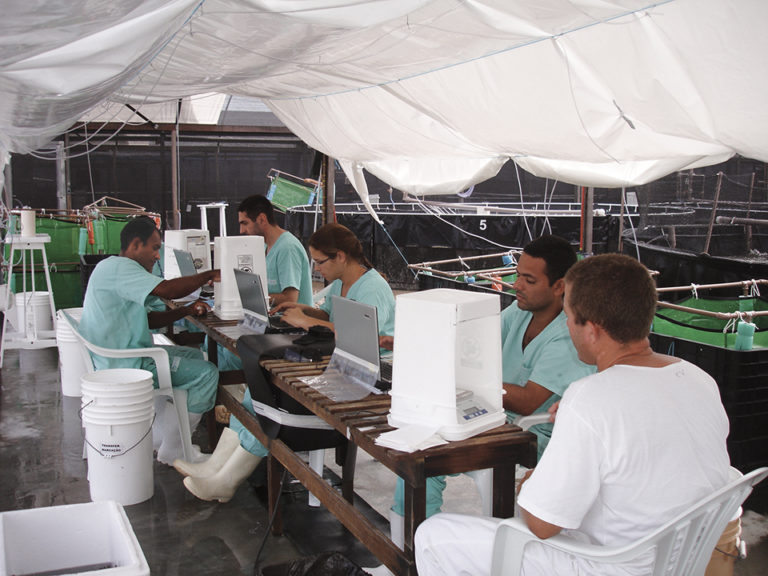
Health & Welfare
Through a genetic selection program started in 2006, significant advances have been achieved in the development of a specific pathogen-free L. vannamei line in Brazil.
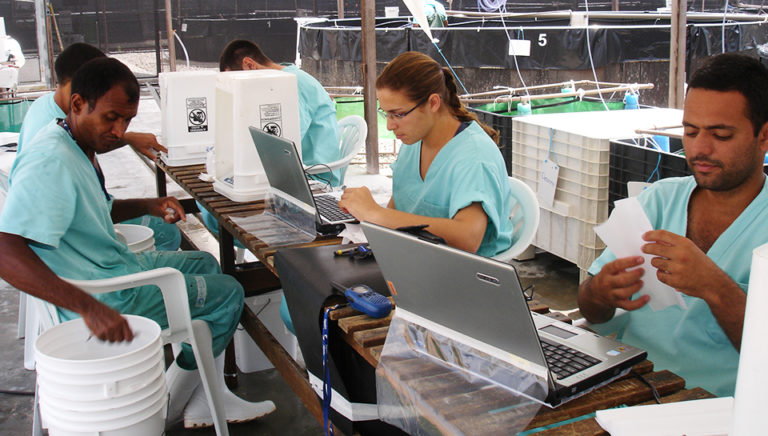
Health & Welfare
In Brazil, shrimp hybrids – crosses of imported specific pathogen-free lines and a genetically improved and locally adapted line – outperform their parents.
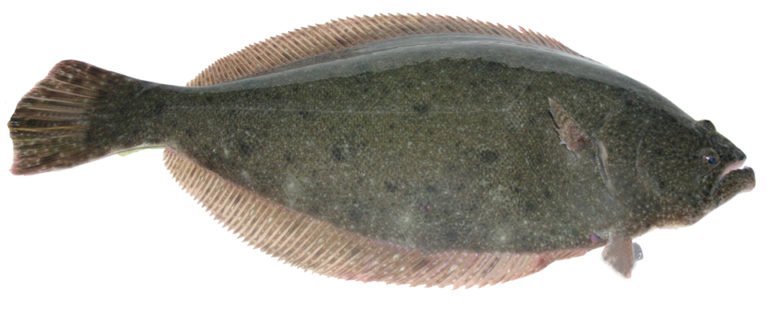
Intelligence
Work on the reproduction and larval rearing of southern Brazilian flounder supports the feasibility of flounder culture. Further research will improve weaning and grow-out techniques for the species.
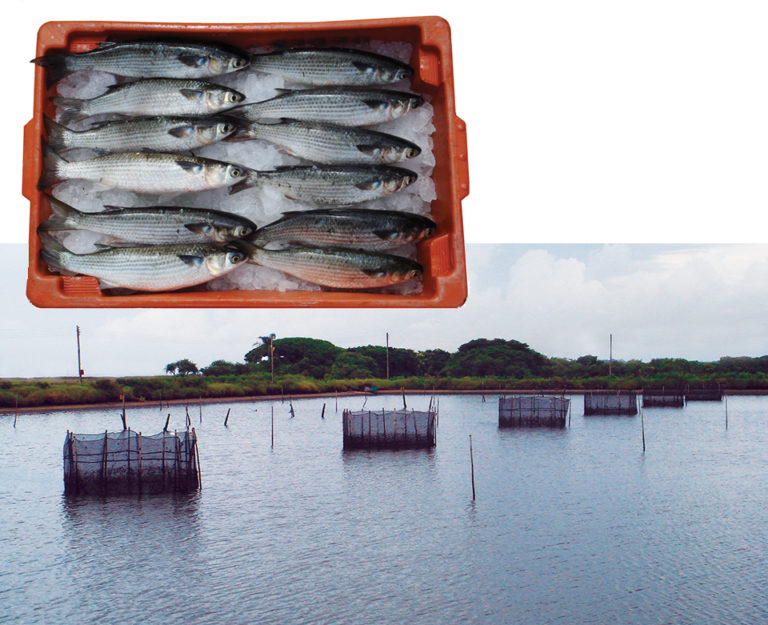
Intelligence
Marine fish farming in Brazil appears promising. A new cobia research network will support industry growth through standardization, development of technology and training.